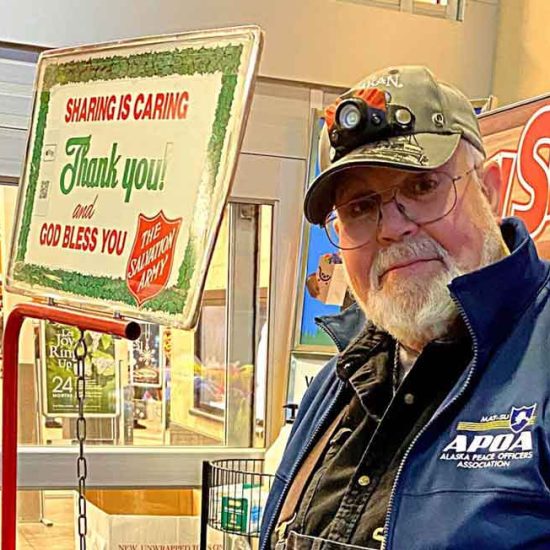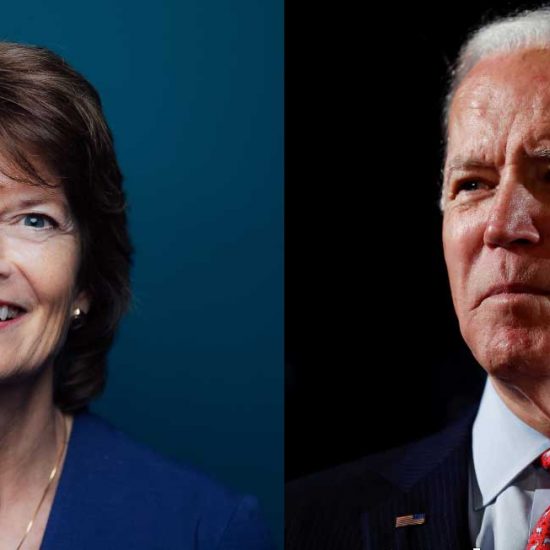As a crowd of lawmakers and staff members bustled up and down the central staircase here at the State Capitol on the opening day of Alaska’s legislative session last week, a string quartet could be heard on a landing above, sweetly playing in backdrop to a midafternoon cookie-and-crudités reception. “Maybe it’s the band from the Titanic,” a wiseacre on the stairway sniped, to an eruption of laughter.
Alaska is not a sinking ship, but no one needed an explanation of the gallows-humor remark, as a record-setting sea of red ink has flooded the state budget amid a global collapse of energy prices. Taxes paid by oil companies account for 90 percent of the state’s operating budget, and those revenues have sunk with stomach-churning suddenness and depth, echoing other oil-patch states, like Texas, but with uniquely Alaskan scale and implications.
Governor Bill Walker, an independent who took office last month after beating the Republican incumbent, Sean Parnell, has inherited this Alaska-size problem. And his solo act without a party has created the other swirling dynamic that is gripping the state. At a time of soul-searching assessment about government priorities and potential shock to the economy from layoffs or spending cuts, is a political maverick just what the doctor ordered, or a recipe for havoc?
“I’m talking about deep cuts, and they will hurt,” Mr. Walker said in a prime-time address last week.
The new governor, for his part, has said that Alaska’s distinctive political culture, economy and history – its days as a territory before statehood in 1959 still fresh and resonant, its relatively small population accustomed to politics with a homespun accessibility – will make for a unique, if tough, solution.
“Before we had money, we had guts,” he said in a recent speech, quoting Walter J. Hickel, the former Alaska governor and United States interior secretary, whom Mr. Walker has called a personal hero and mentor.
In building his administration, he enlisted hundreds of ordinary residents and experts in his transition team. In looking for budget solutions, he threw the door open to suggestions, rewarding the five best ideas with lunch with the governor and the lieutenant governor, Byron Mallott. Thousands of ideas have come in, Mr. Walker said. “That’s my challenge and my opportunity – to reach out to those folks and let them know we have an open door,” he said. “We have to turn our cards face up.”











